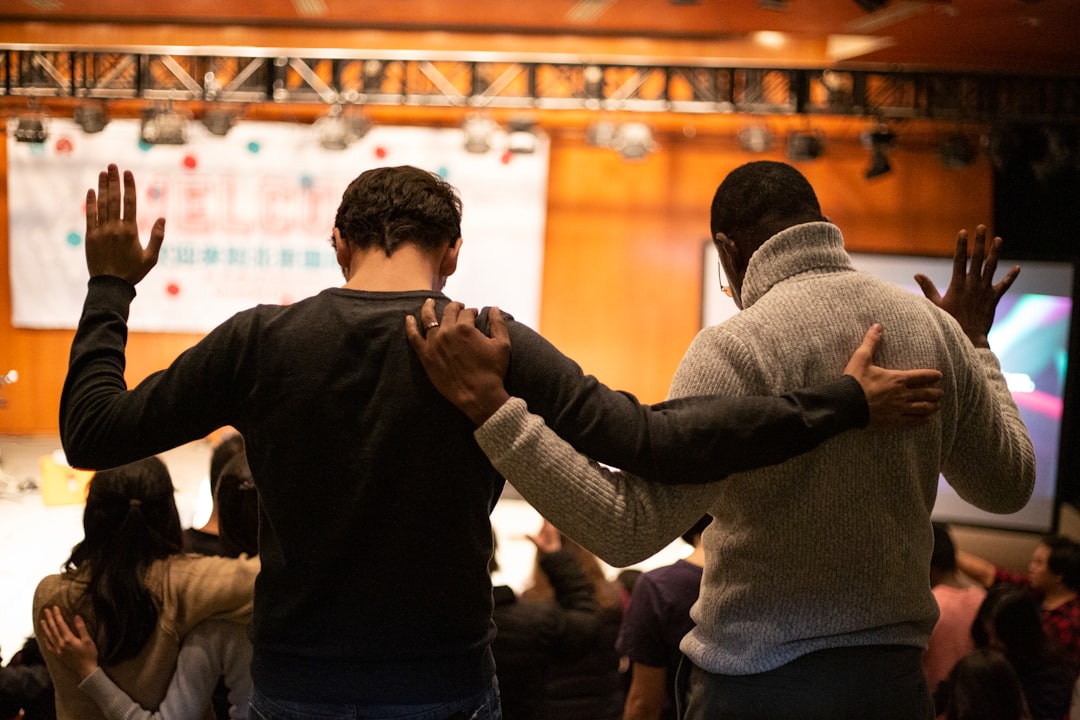On Growing Up Evangelical
And writing books about it.
The May/June issue of Christianity Today features a book review by me. It is one of the most negative book reviews I’ve ever written. There is a common writing trope that says that deeply critical essays are the most enjoyable to write, but my experience was hardly so. Jon Ward’s book Testimony confused, grieved, frustrated, and alienated me, all while …



